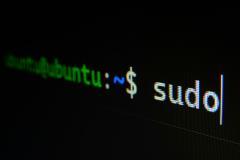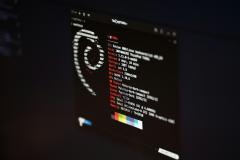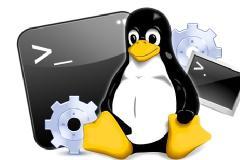This course covers linux administration from basic level to advanced.
For freshers to linux, no prior knowledge in Linux is required, will be teaching from basic concepts.
The overview of topics are as follows . . .
Introduction to Linux Operating System
Walk through various Linux Flavors
Basic client server model
Linux Command Line and GUI
Installation and Basic Configuration of Linux OS
Walk through Linux Boot Process
Basic commands and its various usage
User administration
Linux standard file permissions and ownerships and ACL, Special permissions (SUID/SGID/Sticky bit)
File system administration
Logical Volume Manager
Network Configurations in Linux
Working with Linux Package management tools RPM/YUM/DNF/ZYPPER/APT.
Process Management
Managing Linux Services with systemd
Detailed topic by topic Explanation various services and protocols such as DNS, DHCP, NFS, SSH, NTP, HTTP, SAMBA, CIFS, SFTP, FTP, NIS, etc .
Linux performance monitoring with utilities and commands like top, sar, netstat, tcpdump, vmstat, iostat , lsof , strace , ps , free .
Using kernel parameters, kernel modules, kpatch, kdump to manage Linux kernel.
System log files analysis ( i.e /var/log/ ) and troubleshooting with dmesg .
Automated scheduled tasks and scripts with cron and crontab.
Note : Above is just the overview of each topics, during session in depth topics will be covered.
There will be Q & A at the end of each session for at least 15 minutes to summarize the topics covered that day.
Its best practice for students to have a Linux virtual machine installed either with a Oracle virtual box or vmware workstation for their practice.








